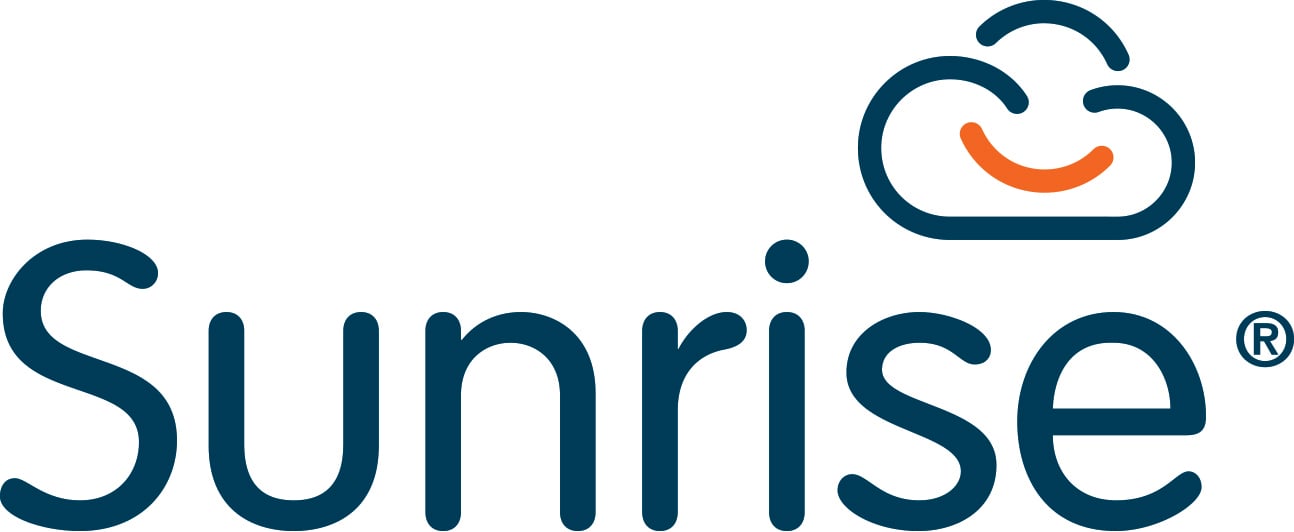We had the chance to attend SITS again this year, and as always, the real value wasn’t just in the keynote sessions, but in the conversations in between. Whether it was catching up with familiar faces or hearing fresh perspectives, there was a genuine sense of shared purpose and progress among servi...
IT Service Management
,
Events
4 Ways to Boost Service Desk Performance Through Positivity: SDI Event Insights
9 Jul 2025
We recently attended SDI’s in-person event Building a Happy Service Desk, and the theme couldn’t have felt more relevant. In a world of rising expectations, growing pressure on teams, and constant service demands, positivity can sometimes be overlooked in favour of more tangible KPIs.
But as we explored during our own Sunrise session led by David Bullivant, and heard echoed throughout the day, fostering a positive service culture is both practical and powerful. It improves customer experience, boosts team morale, and directly contributes to better performance.
Here are four key things we’re taking back to our teams to keep building that positivity into everything we do.
1. Positivity pays off for teams and customers
Our session at the event focused on the business case for positivity, and it’s a strong one. According to Gallup, companies with highly engaged employees are 21% more profitable. And for service desks, that link between team wellbeing and customer experience is especially clear.
Happy agents provide better support. Better support means happier customers. It’s a ripple effect that starts from within.
This theme came up in several sessions across the day. We heard examples of people-first leadership, trust-driven cultures, and the power of consistent recognition. As Dr Natalie V. Bailey (TEDx Speaker, Well Minds Together) reminded us in her energising keynote session, even small, intentional actions can create meaningful shifts. Leading with mental health in mind and consistently “recognising others” is where a truly positive culture begins.
2. Expectations have changed and positivity helps us meet them
Today’s users don’t just want quick responses. They expect empathy, ease, and options.
As we shared in our talk, 80% of customers now say the experience a company provides is as important as its products or services. That creates new demands for already hard-working service desk teams but also opens up opportunities to reduce friction and frustration on both sides.
A positive mindset, supported by the right tools, can go a long way here. For us, that means giving users clarity and independence through a self-service portal built around real-world needs and enabling always-on support via our AI-powered Teams chatbot. These tools free up time, improve satisfaction, and let teams focus on the more rewarding parts of their role.
The idea of autonomy came up again in Sarah-Jayne Bulley’s session, where she spoke about empowering teams through trust and recognition. When users and agents alike feel empowered, the whole support experience becomes more human.
3. Recognition, tools and trust are your “positivity toolkit”
In our session, we introduced the positivity toolkit: practical ways to create a culture where people can thrive and perform.
Some key elements include:
- Self-service portals that give users answers fast and cut down on repetitive tasks.
- AI chatbots that keep things moving 24/7 while giving agents space to focus on more complex queries.
- Power BI and SDI-accredited reporting that provide visibility, highlight wins, and flag areas for improvement.
But tools alone aren’t enough. Across the day, we heard consistent messages about the role of psychological safety, open feedback, and building teams around empathy, not just experience. Craig Lawrenson (BDO LLP) summed it up well when he said, “The people are your best force for good.” But to do their best work, they need to feel trusted, heard, and supported.
4. Positivity is a strategy, not just a feeling
One of the final ideas we explored in our session was the importance of treating positivity like any other service strategy. It’s not something to leave to chance or hope naturally develops. It takes intention, structure and action.
Here’s the framework we shared, with ideas that were echoed in other sessions throughout the day:
- Listen: Gather real feedback from users and agents.
- Empower: Provide tools and processes that make work easier, not harder.
- Measure: Use meaningful metrics: satisfaction, sentiment, first-time fix rates.
- Celebrate: Recognise small wins and outstanding service moments.
- Evolve: Keep adapting as team and user needs shift.
By putting this into practice, service desks can do more than meet SLAs, they can build workplaces people genuinely enjoy being part of. And as Maya Angelou’s quote reminded us at the end of our talk, “People will forget what you did, people will forget what you said, but they’ll never forget how you made them feel.”
Let’s make every interaction matter
This SDI event was another fantastic opportunity to reflect on how we support both users and agents, and what role positivity plays in shaping those experiences. From the speakers’ sessions to conversations with service desk professionals, we came away reminded that a happy service desk isn’t just about atmosphere, it’s about outcomes.
From small leadership shifts to smarter tools and more human conversations, positivity is something we can all actively create. And when we do, it benefits everyone involved.
Want to dive deeper into the Sunrise approach to positivity?
Download our presentation from the event, The Value of a Positive Service Desk Experience, packed with real-life tips, insights and frameworks you can start using today.
Related Posts
IT Service Management
Remote and shift workers are like the Formula 1 drivers of council operations — they’re out there on the frontlines, navigating tight turns and long stretches, whether they’re managing public facilities, handling welfare enquiries, or making sure the local infrastructure doesn’t run out of fuel. But...
.png)


